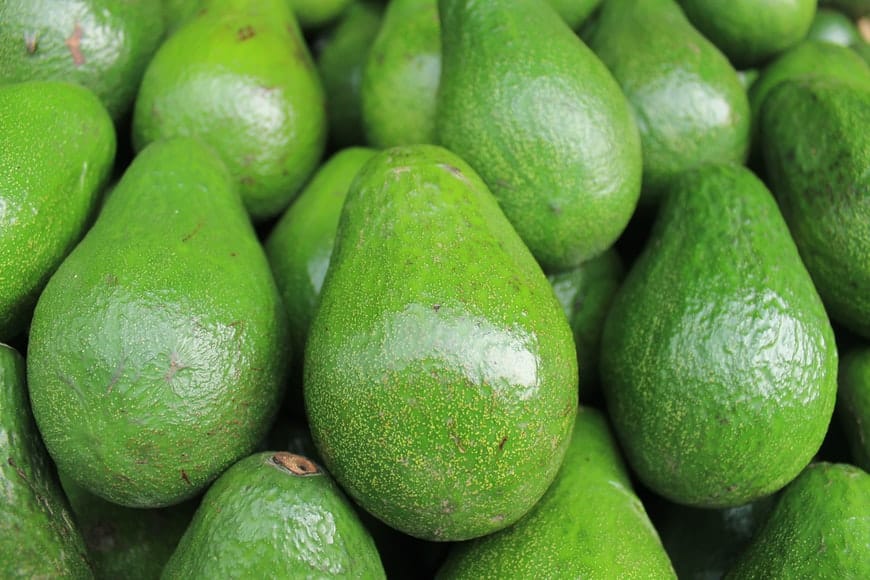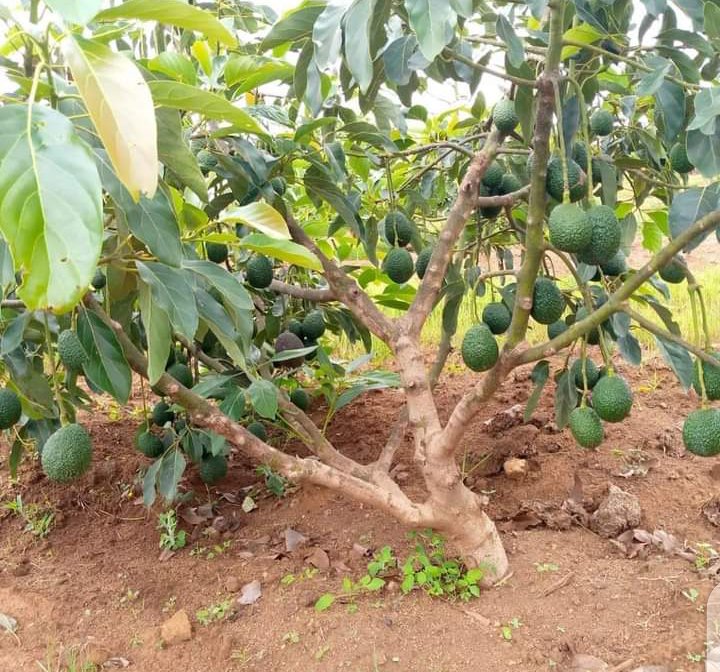In recent years, Narok County farmers in Kenya are shifting from wheat farming to avocado cultivation, tapping into the expanding export market. In 2019, Kenya became Africa’s leading exporter of avocados and the sixth-largest globally, with small-scale farmers accounting for around 80% of production.

Currently, Murang’a County tops avocado output, contributing 32% nationally, followed by Kiambu and Kisii at 13% each. Farmers like Joel Kimtai, who transitioned to avocado farming in 2013, report increased incomes and improved livelihoods, especially after the Maize Lethal Necrosis Disease impacted maize farming.
The Cismara Avocado Cooperative Society, which supports over 2,000 farmers, exports 147 tonnes annually, witnessing price increases from Sh38 to Sh80 per kilo.
However, challenges persist, including access to certified seedlings, lack of extension services, and logistical issues during transport.

John Gitau from the Murang’a Avocado Farmers Union echoes these concerns but remains optimistic about increasing production and securing investments for better facilities.
Meanwhile, the Fresh Produce Consortium of Kenya highlights a growing trend in non-traditional avocado-growing regions like Narok, despite challenges such as pest management.
Overall, the avocado sector presents promising opportunities for farmers in Kenya, but requires enhanced support and resources to maximize its potential.




